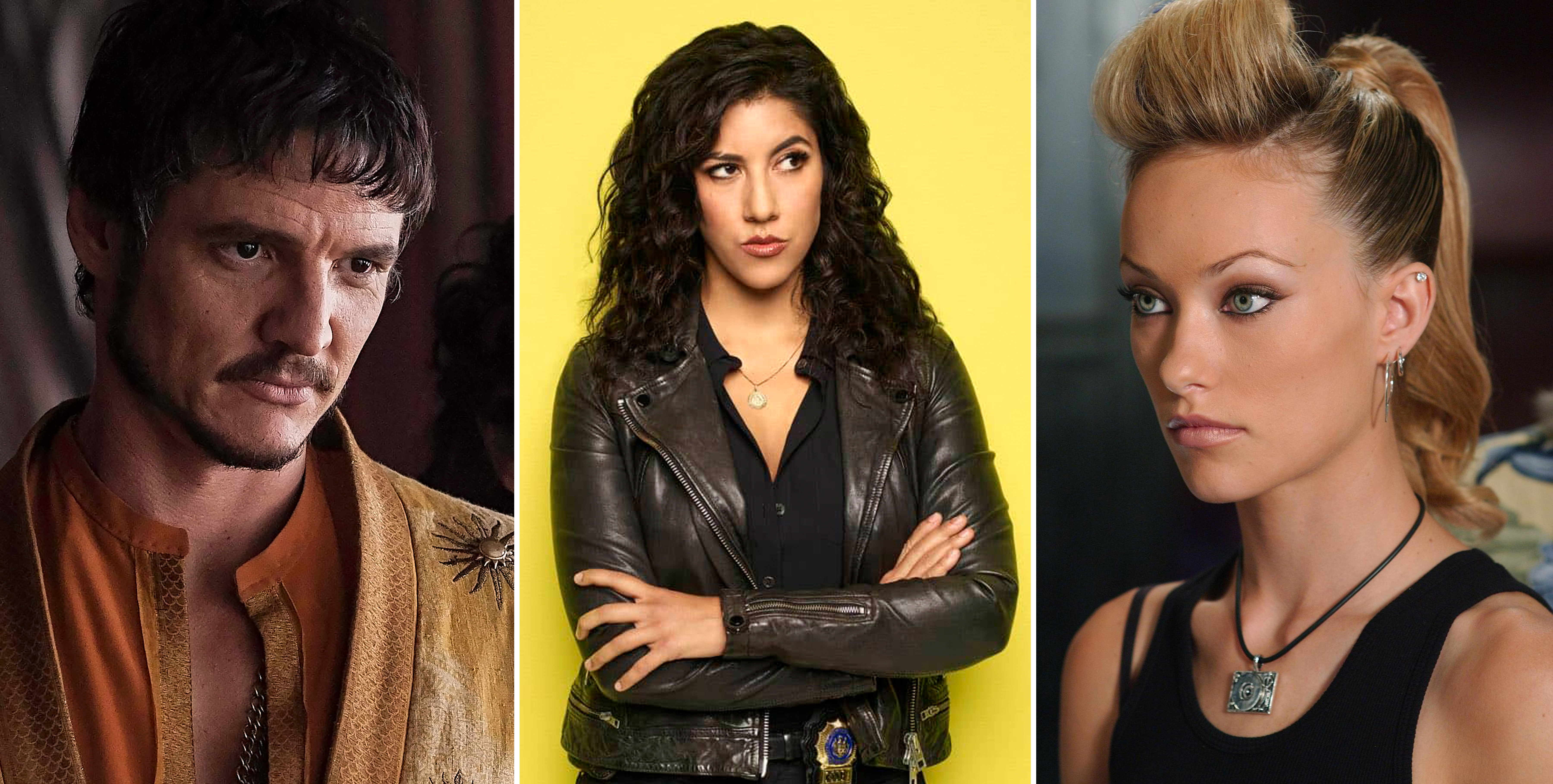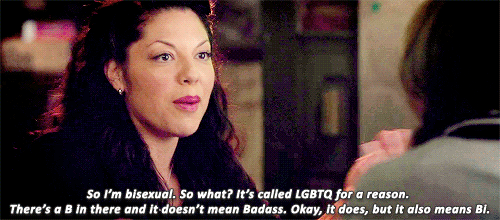
Commentary by JOHNSEN DEL ROSARIO/The kNOw Youth Media
When I came out as bisexual last year, I knew there were pervasive stereotypes and negative attitudes that were attached to the term. The overall support was overwhelming and, while no one flat out refused my sexuality, some did try to invalidate it.
“You’re gay, you just don’t know it yet.”
“Guys can’t be bisexual; you’re either gay or straight. You can’t be both.”
“I thought I was bi once, but it was just a pit stop to being gay. It’s just a phase.”
I heard this from family, friends, folks whom I just met and I even heard this from the mouths of other LGBTQ folks.
Being in a relationship with a guy, I was labeled as gay in the eyes of the public. I didn’t have a problem with it at the time because I was in a gay relationship – it was what it was. But when a relationship started forming with a girl a few months later, people couldn’t believe it.
“I thought you were gay.”
No, I’m bisexual.
Since when is bisexuality determined by the body parts that your partner has? If you’re bisexual in a hetero or gay relationship, you’re still bisexual. It doesn’t change.
Bisexuality is a concept largely misunderstood not only by heterosexuals but the gay and lesbian community as well. You’re too straight to be gay, but too gay to be straight. You don’t really belong in either community and people begin to see you as an “outsider.”
In this article, Eliel Cruz writes, “Bisexuality threatens the heteronormative narrative even more than homosexuality because it destroys the idea of binary.” The gray area that comes with bisexuality confuses some people, which causes them not to talk about bisexuality. This feeds into bi-invisibility and erasure.
According to a 2011 report from the San Francisco Human Rights Connection, bi-invisibility is the lack of acknowledgment and ignoring of the evidence that bisexuals exist.
Despite years of advocating for the LGBTQ community, the existence of bisexuals is still called into question.
Imagine being comfortable enough to share something so personal as your sexuality with someone only to have them invalidate your being. Erasure has serious consequences on a person’s health and well-being.
According to the same report, “bisexual people experience greater health disparities than the broader population, including a greater likelihood of suffering from depression and other mood and anxiety disorders.”
People don’t like to talk about something they don’t understand and that’s the problem. We aren’t talking about bisexuality. Media – one of the most influential platforms in our lives – isn’t talking about it.
In film and television, having a bisexual character is a rare occurrence. And if there is representation, it’s only to intensify a situation or it’s only explored for a story arc and it’s never mentioned again.
For example, Fox’s teen drama The O.C. pursues an arc where main character Marissa Cooper (Mischa Barton) begins dating Alex portrayed by Olivia Wilde. It could’ve been something great, even if it wasn’t going to last … until Marissa realizes she’s only ever loved Ryan (Ben McKenzie) and Alex starts acting like a crazy, jealous girlfriend. Her sexuality is never mentioned again for the rest of the series. RIP.
Netflix Original Series’ Orange is the New Black and House of Cards also fall under this misrepresentation of bisexuals in media.
In Orange is the New Black, Taylor Schilling’s Piper Chapman has had relationships with both men and women. But the term bisexual has maybe been used once, if ever. Chapman is also referred to as straight, lesbian or “ex-lesbian.” Hello, bisexuality erasure.
House of Cards shows Kevin Spacey’s Underwood as also having relationships with both men and women. Because his sexuality is never addressed, it comes off as experimentation to many folks. Just because you show a character as bisexual on television doesn’t mean you don’t have to address their sexuality.
Like mentioned previously, people don’t understand it and if the term is continued to be swept under the rug and ignored, you’re contributing to bi-invisibility and erasure. When bisexual identities are continued to be rejected, denied and/or ignored in the media, it will continue to be rejected, denied and ignored in real life, further contributing to the health issues faced by bisexuals.

But not all is lost for bi representation in the media. Some get it right, the biggest in my eyes being Grey’s Anatomy. The character development of Grey’s resident bisexual Calliope Torres (Sara Ramirez) is honest and truthful. The audience went on this journey with Callie as she realizes she’s bisexual. She had relationships with both men and women, while eventually having a kid with a man and marrying a woman. She breaks the stereotype that bisexuals can’t be monogamous while never making excuses for the complexities that come with her identity. She’s a positive representation of what a bisexual woman is.
While we have an accurate representation of bisexuals with Callie, the industry still heavily lacks in bisexuals on screen, especially bisexual men.
Bisexual men and women, while both bisexuals, are still seen as two different entities. Bisexual women are more likely to be accepted by society, but bisexual men are still trying to prove their existence. This could best be explained in a Splinter article written by Samantha Allen.
Because we don’t talk about it, the myths of bisexuality to folks who don’t understand remain exactly that – myths. Being bisexual doesn’t mean you’re attracted to both men and women equally. Everybody is on this spectrum; sexuality is fluid. It might vary depending on your preferences. We’re not confused, it’s not a pit stop, it’s not easier than being gay or lesbian. Men can be bisexual.
Talking about bisexuality is only the beginning of the end of bi-invisibility and erasure. We need to educate folks –both heterosexuals, asexuals, gay and lesbian people – that bisexuality isn’t a taboo subject that should be ignored.
Bisexuals. We are here and we are visible.
This article originally appeared on the kNOw Youth Media. For more of their content (and to read the original post) go here.
